We need to talk about 'foodies'
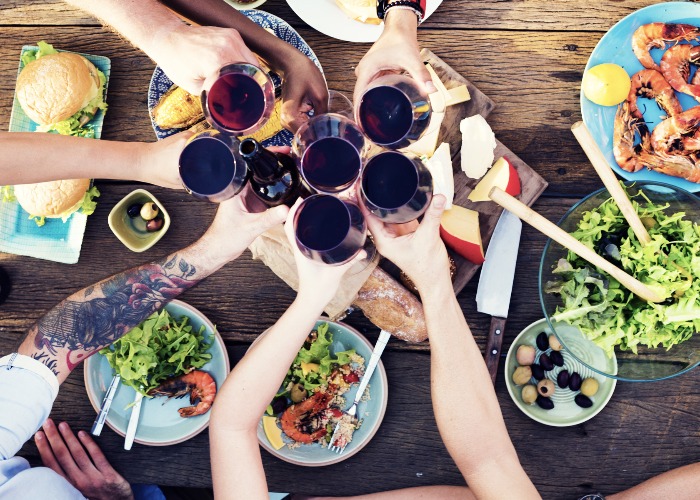
The rest of the world doesn’t need a special term for people who love food – so why do we? Matt Chittock tells us why the word ‘foodie’ has had its day.
Hi, my name’s Matt and I’m not a foodie.
Yes, I love food and drink. I’m lucky enough to get to write about it and I’ll always be up for trying something new, from the latest sour beer on tap to that small-plate special with the fennel and squid ink (especially if you’re paying).
But the fact is that the word foodie is way beyond its sell-by date. And in 2018 it deserves to go the way of 80s classics like Sunny Delight and Turkey Twizzlers.
For a start, I challenge anyone to explain exactly what foodie means.
Look it up in a dictionary and you’ll get something like ‘people that enjoy and/or love food’. It’s a definition that stretches to basically everyone you’ve ever met.
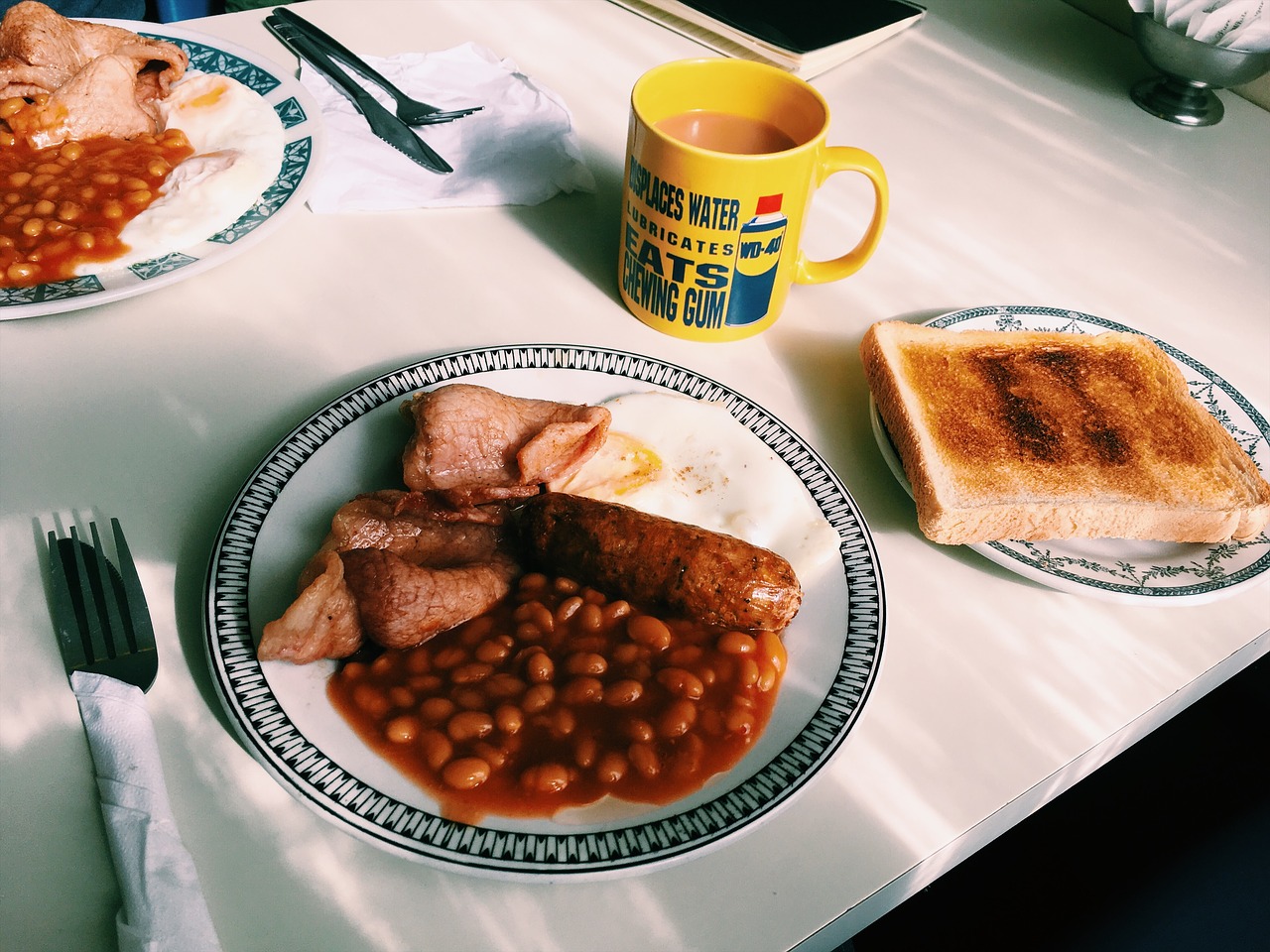 Pixabay
Pixabay
So are that well-dressed couple taking smartphone snaps of their smashed avocado on toast foodies? Well, yes – but so is the guy eating the perfect hangover-curing full English with own-label beans and budget bangers. And that stressed commuter unwrapping their favourite Pret sandwich on the train.
Everyone loves food and drink of some sort.
Even your food-refusenik nephew is probably nuts for Haribo or KFC. Ditto your friend who doesn’t eat anything from a packet but inhales homemade kale chips like they’re going out of fashion. Almost all of us have secret food pleasures (and I’m saying nothing about those McDonald’s wrappers piling up at the White House).
The happy truth is that, if you’re lucky enough to have a secure supply of it, food and drink provides a massive amount of joy.
When you look at the science, this joy is basically an evolutionary throwback to humankind’s hunter-gatherer days when food was scarce. The satisfaction of successfully getting calories into our bodies is mixed with a genetic memory of relief that we don’t have to go into the dark, dangerous night to get more food.
This basic attraction to food is universal – so why do we need a special word to express it?
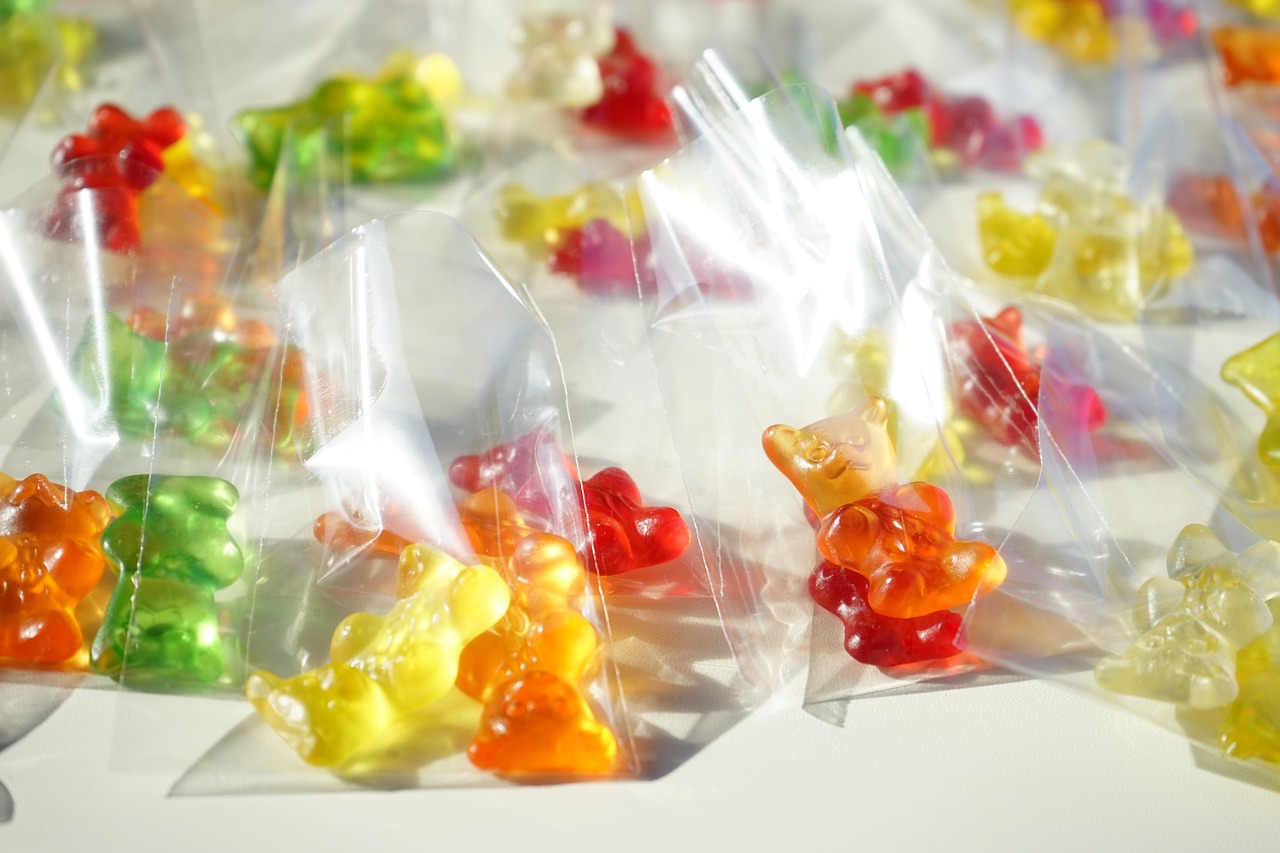 Pixabay
Pixabay
Look around the world and you soon discover that most cultures don’t. They just don’t need one.
I once interviewed a business professor who’d scored a job in Spain. Three years in and he still couldn’t believe that his colleagues started discussing the ingredients for that Sunday’s big dinner at Monday lunchtime.
In a culture where passion for good eating and great produce runs that deep, it’s a given that everyone loves food. To flag up the fact with a special word would be ridiculous. It’s the same in France. In a country where an hour-long away-from-the-office lunch break is still a thing, it’s a given that food is central to people’s lives.
OK, so the French have gourmand. But it’s a rather old-fashioned term that means ‘glutton’ as much as ‘connoisseur’. Use it in that new Parisian pop-up and les jeunes will laugh at you.
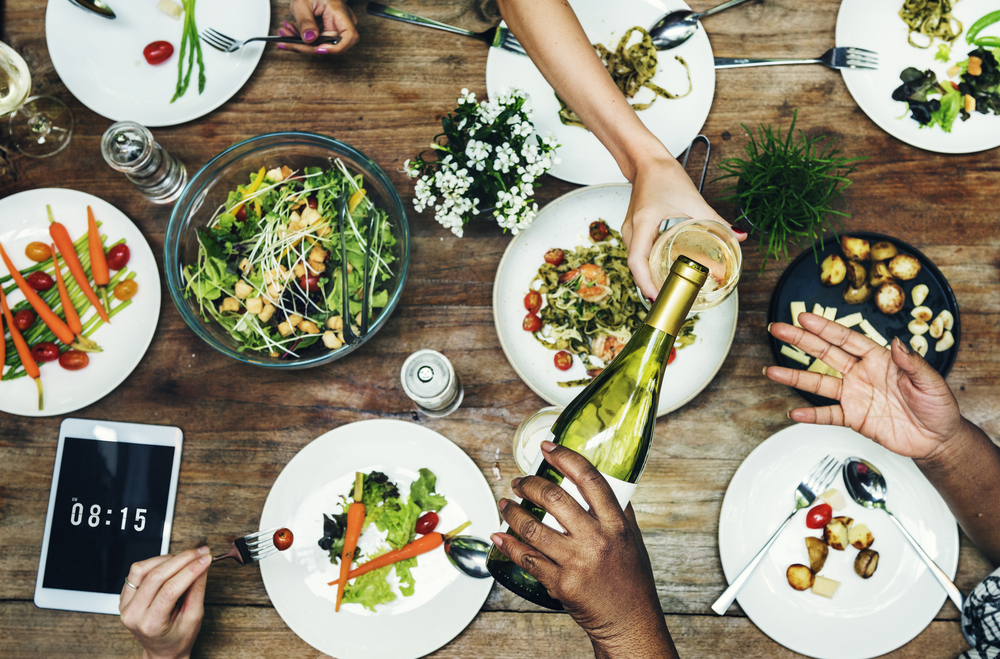 Rawpixel.com/Shutterstock
Rawpixel.com/Shutterstock
So, if the Europeans don’t need it, why do we?
Just follow the money. Whatever the term means, marketers have learned that it’s a quick and effective way to sell things. In the decade since 'the foodie' first emerged we’ve had foodie festivals, books, blogs and start-ups. It enables businesses to stick a few quid on the price of that burger (especially if it’s somehow ‘artisan’ too).
Read an interview with any hedge funder-turned-entrepreneur eager to flog their wares and the first quote will always be something along the lines of, ‘Well. My wife and I are basically foodies…’.
The term has become shorthand for suggesting that only foodies care more about food than anyone else – that they’re more discerning than the common punter.
This is a deeply peculiar point of view. Do we seriously believe only those who've been lucky enough to work their way through an upmarket tasting menu can gain an appreciation of food?
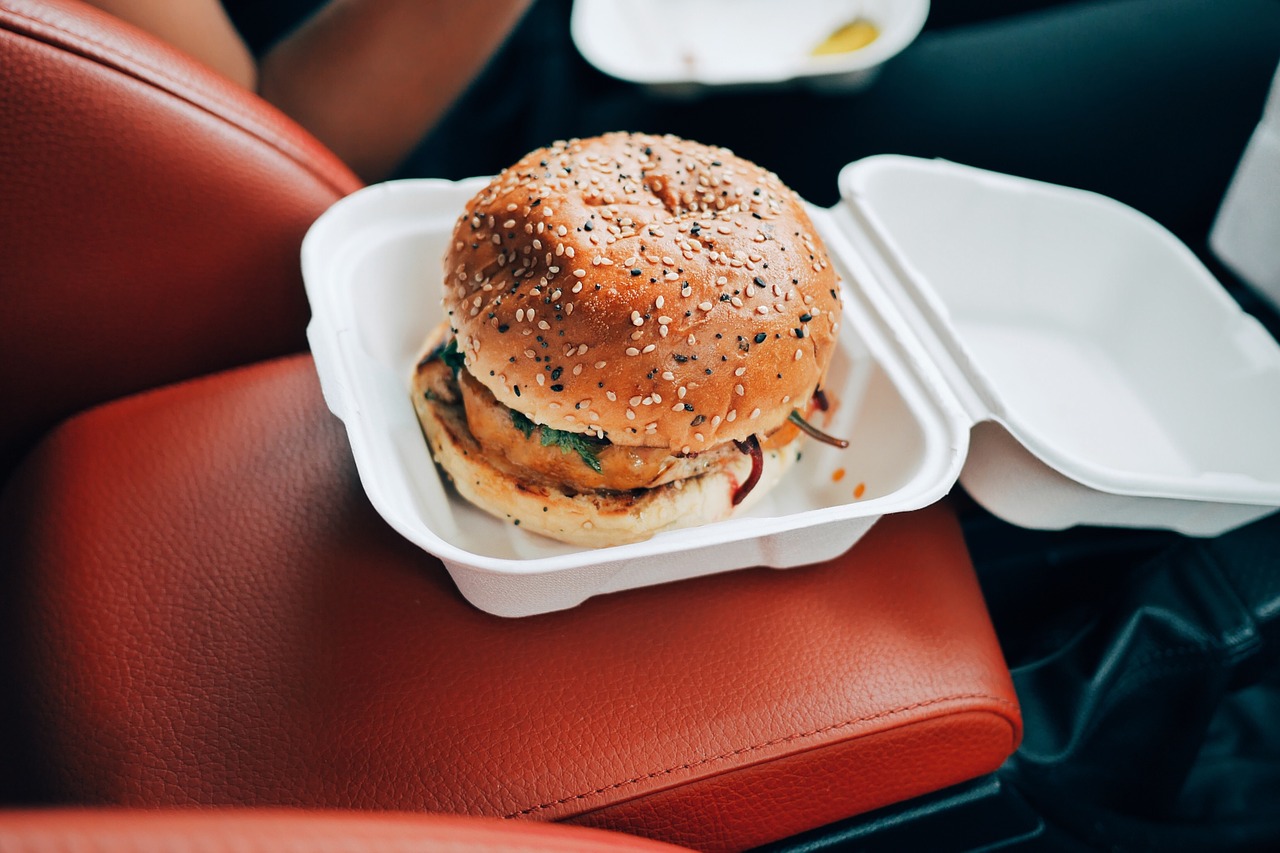 Pixabay
Pixabay
You could see some sense in this approach if most food served in the UK was inedible dross. But this just isn’t true anymore.
In his autobiography, comedian Stewart Lee talks about having a tuna mayonnaise roll and cappuccino in an Oxford deli in the 1980s. He writes that at the time it was “the most exotic meal I had ever seen”.
Today, things are different. A more diverse population and more adventurous tastes have bought a wider range of dishes into the mainstream. Stuck for tonight’s dinner? Go online and find a world’s worth of recipes, while late-opening local stores sell all the ingredients you need – brilliant if you’re on a budget.
So whether you prefer an eight-course tasting menu or a nice crisp sandwich (ideally Wotsits on brown bread with plenty of butter), we need to drop the meaningless distinctions – and just eat.
Header image Rawpixel.com/Shutterstock
You might also like:
I went vegan for six months then gave up
Comments
Be the first to comment
Do you want to comment on this article? You need to be signed in for this feature